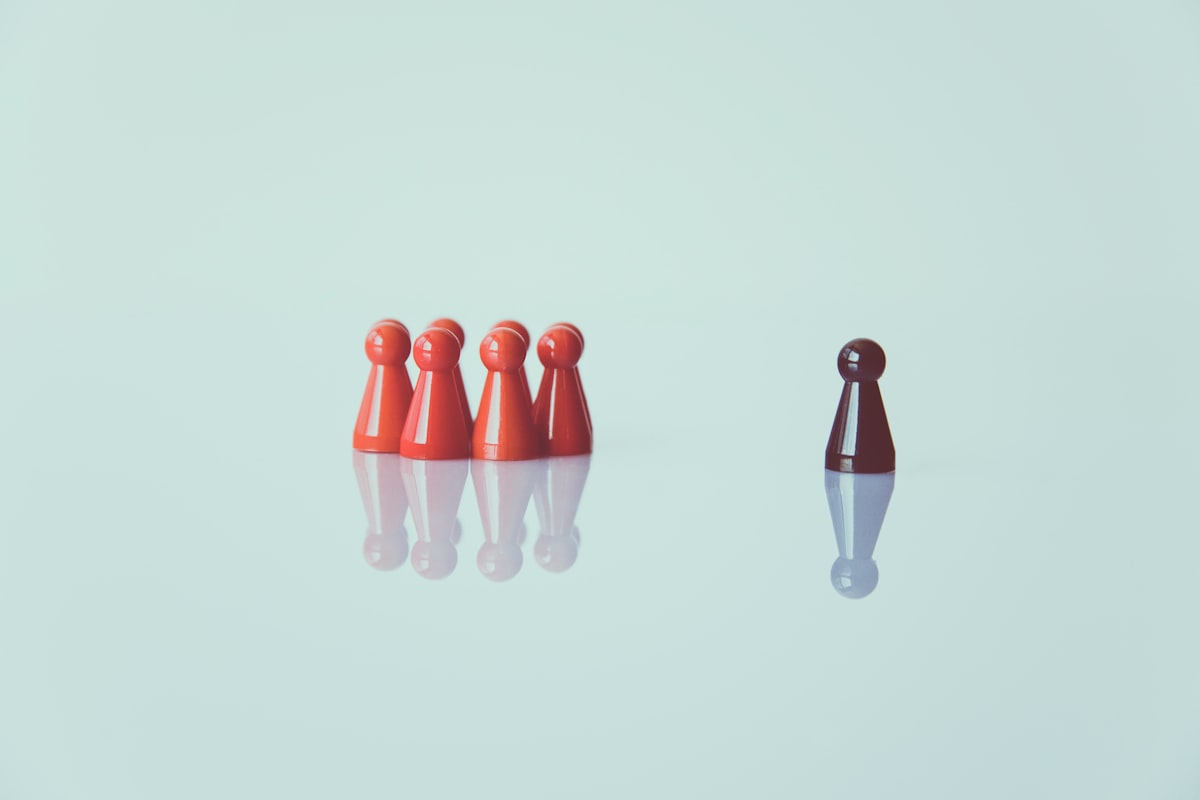Zero Discrimination Day: Do you live any form of exclusion?
Dignity is what makes us equal as human beings. The pandemic highlighted problems of violence linked to stigmatization. We must generate conditions to eradicate barriers to equality. Achieving the objectives requires combating discrimination.





